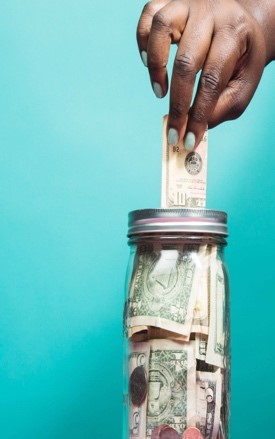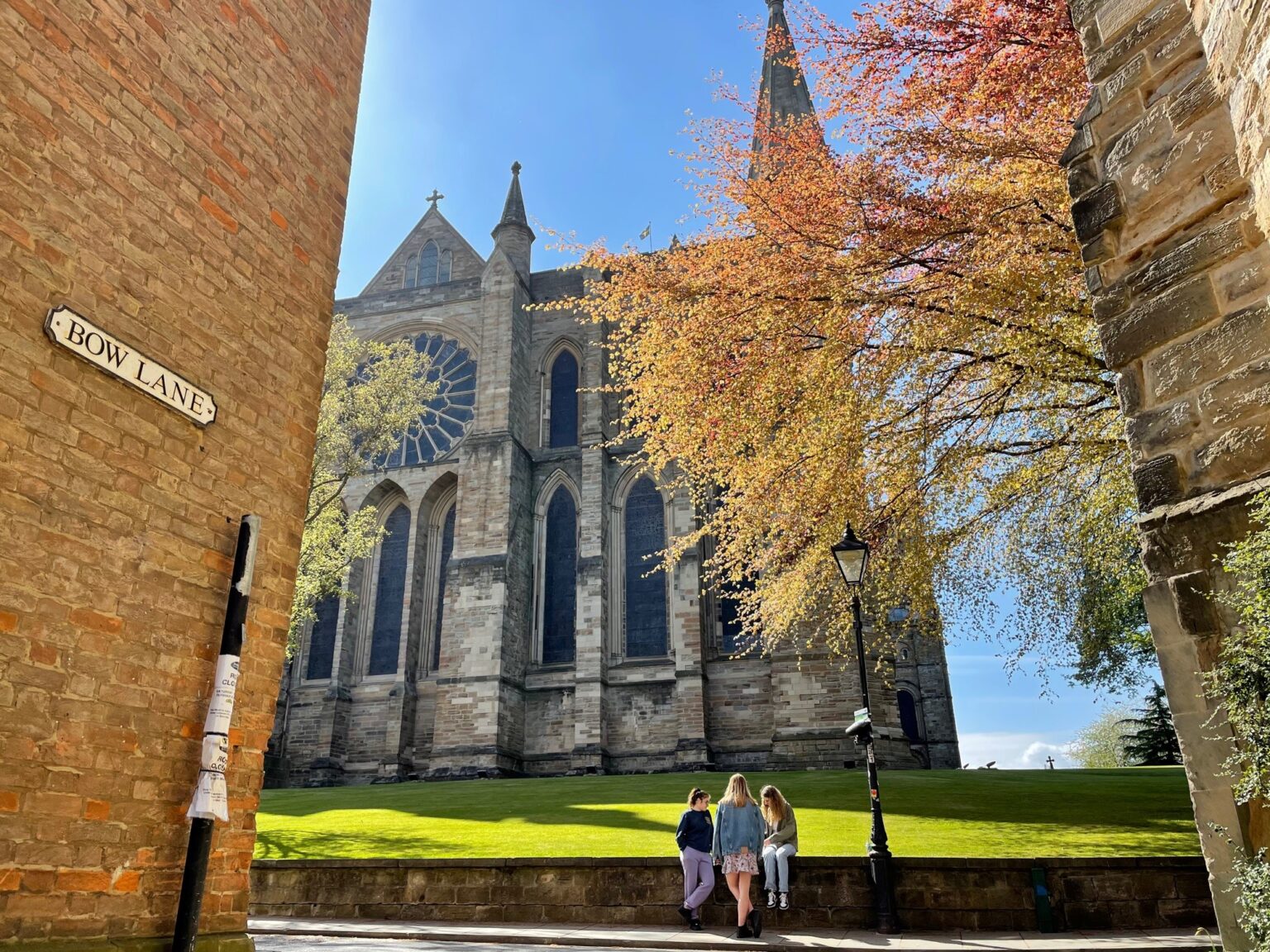“Money doesn’t buy happiness”.
This age-old adage is both true and false. Personally, I think what’s closer to the truth is this “having money isn’t everything; not having it is” – Kanye West. Now, I’ll be the first to admit that Kanye maybe isn’t the best person to take financial advice from (*cough* $53 million in debt *cough*), but I reckon in this case Kanye’s on to something. I can say from experience, that when you don’t have money, it becomes the source of a lot of anxiety, frustration and even anger.
Matt D’Avella put it well when he said “not having money” consumes your life and becomes the lens through which you see the world – “hey, how much did that cost?”, “oh, I can’t come out this weekend I don’t have any money”, “ah man, I shouldn’t have bought that flat white at Leonard’s this morning”. When we don’t have it, every problem seems to revolve around money. True, wealth beyond your wildest dreams won’t solve every problem in your life, however, it will help. When you become financially free, money no longer becomes the driving factor in your decision making – you won’t worry about how much that beer costs, you won’t reduce yourself to only going out to Klute on Tuesday nights because everything is a quid.
Let’s do a bit of visualisation. Imagine being in a place where you never had to worry about money again. Maybe not even that far; imagine a place where money is not the major source of stress and anxiety in your life, instead you can focus on being an eighteen to twenty-something year old university student and worry about all the stress that comes with that.
If you read the first part of this blog – How I manage my money at uni, you should hopefully be well on your way to such a paradise. Here, I’m going to share with you some more thoughts I have on financial freedom for university students.
If you followed the simple steps set out in the first blog, by now you should have organised your weekly/monthly budget and be saving a little here and there for a rainy day. That’s great. But let’s take it up notch.

Step 1: Create an Emergency Fund
Depending on your circumstances, save anywhere between £200 and £1000 (more if you can) and put it into an Emergency Fund – one you can still access in real emergencies (Monzo has an excellent feature for this called a “Locked Pot”). This fund is not for “emergency” beer money or trips abroad. This money is for when life truly hits the fan; for when you drop your phone in the toilet, or when your car breaks down, or you need to get an emergency train or taxi home. Use it only when your life would otherwise be completely derailed.
Why create an emergency fund? Because of this little thing called Murphy’s Law (everything that can go wrong will go wrong) and instead of taking out another loan from the bank of mum and dad, you’ll have something to fall back on. The great thing about the emergency fund is that, for the first time (maybe) in your adult life you can begin to know that feeling of financial freedom, it gives you room to breathe. This step is the quickest step towards the goal of financial freedom.
Step 2: Start a retirement fund (no, I’m not joking)
A retirement fund is one of those things your grandpa always told you to set up, but you never did because he’s old and you’re young, ergo you know best, right? Wrong. Grandpa’s right, financial freedom is often about making short term sacrifices for long term gain. By saving a little bit each year, you’ll be able to set yourself up for a decent life later on.
Compound interest is the GOAT and here is why: say you put £1000 into a LISA with an annual interest rate of 1.25% at the age of 20, and let’s say that you deposit £100 (the equivalent to 4 nights out) into this LISA every month. If you don’t touch this money until you turn 70, you’ll have a whopping £85,000 in the bank! All that from simply putting away a little each month. (Side note: don’t just pick the first LISA you find, do a little research to find what is right for you).
Step 3: Create a runway.
This is for those of you who are keen to get going early. Personally, knowing I had 6-12 months’ worth of expenses in my bank account at all times would make me feel pretty damn good. Here’s what you need to do. Open up a spreadsheet and take account of all your monthly expenses (if you followed the steps in the previous blog, this should be done already – if not, go back and read that bit first!). Remember, it helps to be super honest with yourself at this stage. This allows you to see what is the absolute minimum that you need to survive. Ok, now multiply this number by 3 (months) to get your first target runway goal. Once you have reached this target, multiply the original number by 6 (months) to get the next, and then by 12 months. After all this, you will eventually have 12 months’ worth of extra money in the bank at all times. (Side note numero dos: it’s probably best to put this into a high interest savings account. That way the money is working for you at the same time, but you can also use it as and when you need). – Credit for this goes to Matt D’Avella. Check him out, he knows his stuff!

Now, of course, not all of this will be possible all at once. Pace yourself. This is not a short-term fix – those never work! This stuff is for life and you’re best to get into the habit now, rather than when you’re 40.
I wouldn’t be able to share this knowledge with you if I hadn’t read books like Ramit Senthi’s I Will Teach You to Be Rich and Tony Robbins’ Unshakeable, or read and watched blog/vlog posts from people like James Clear, Mr. Money Mustache and Matt D’Avella. I highly recommend checking these guys out and reading at least one personal finance book every year or listening/watching to one of the hundreds of podcasts/vlogs on the topic.
Once you have completed all the steps from the first blog post, set up an Emergency Fund, opened up a LISA and padded your bank account with a runway, you’ll be well on your way to financial freedom.
Find out more
Read part 1 of Rob’s brilliant budgeting advice here.
Download our latest prospectus here.
Follow our students on Instagram and YouTube.






